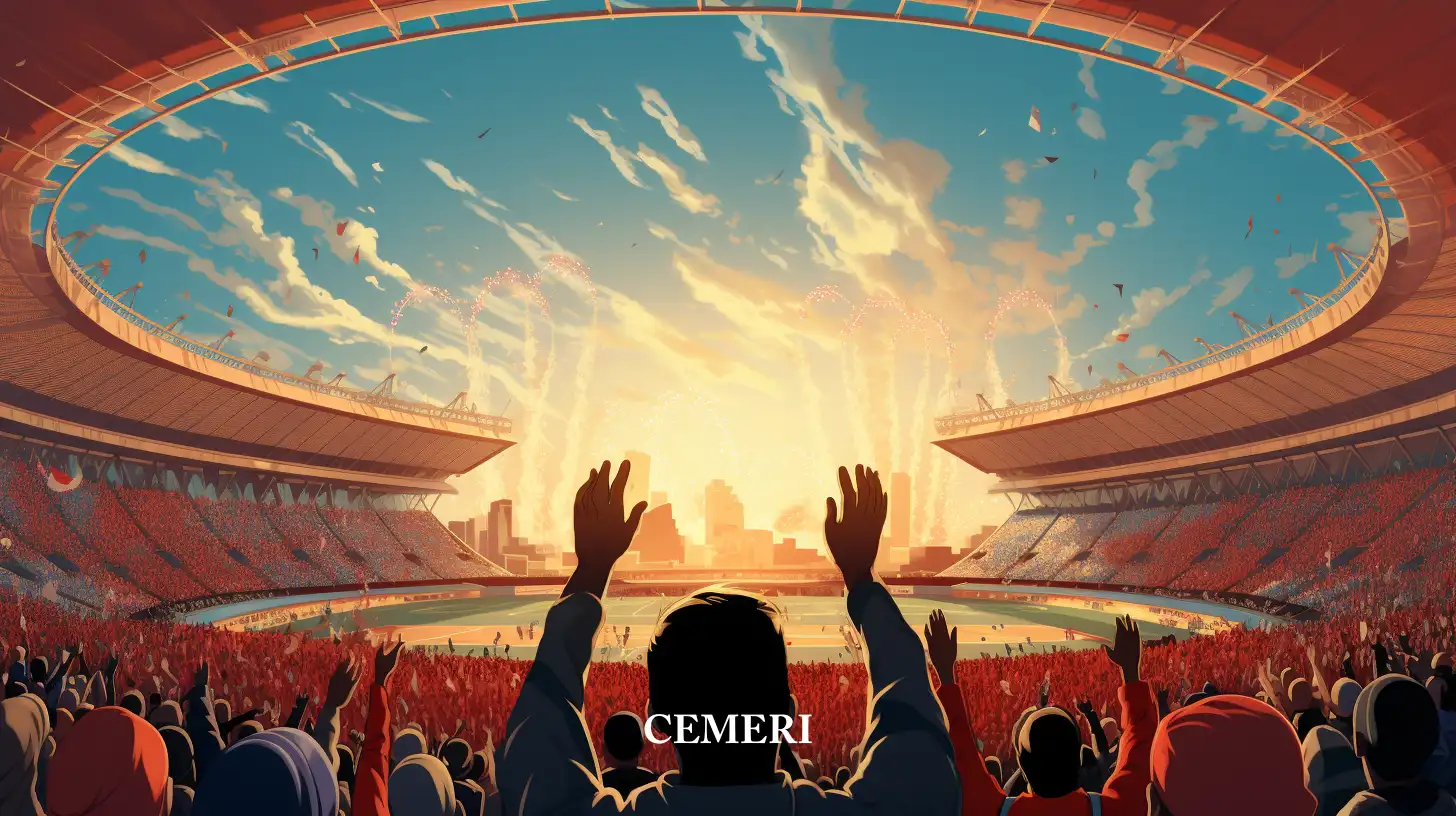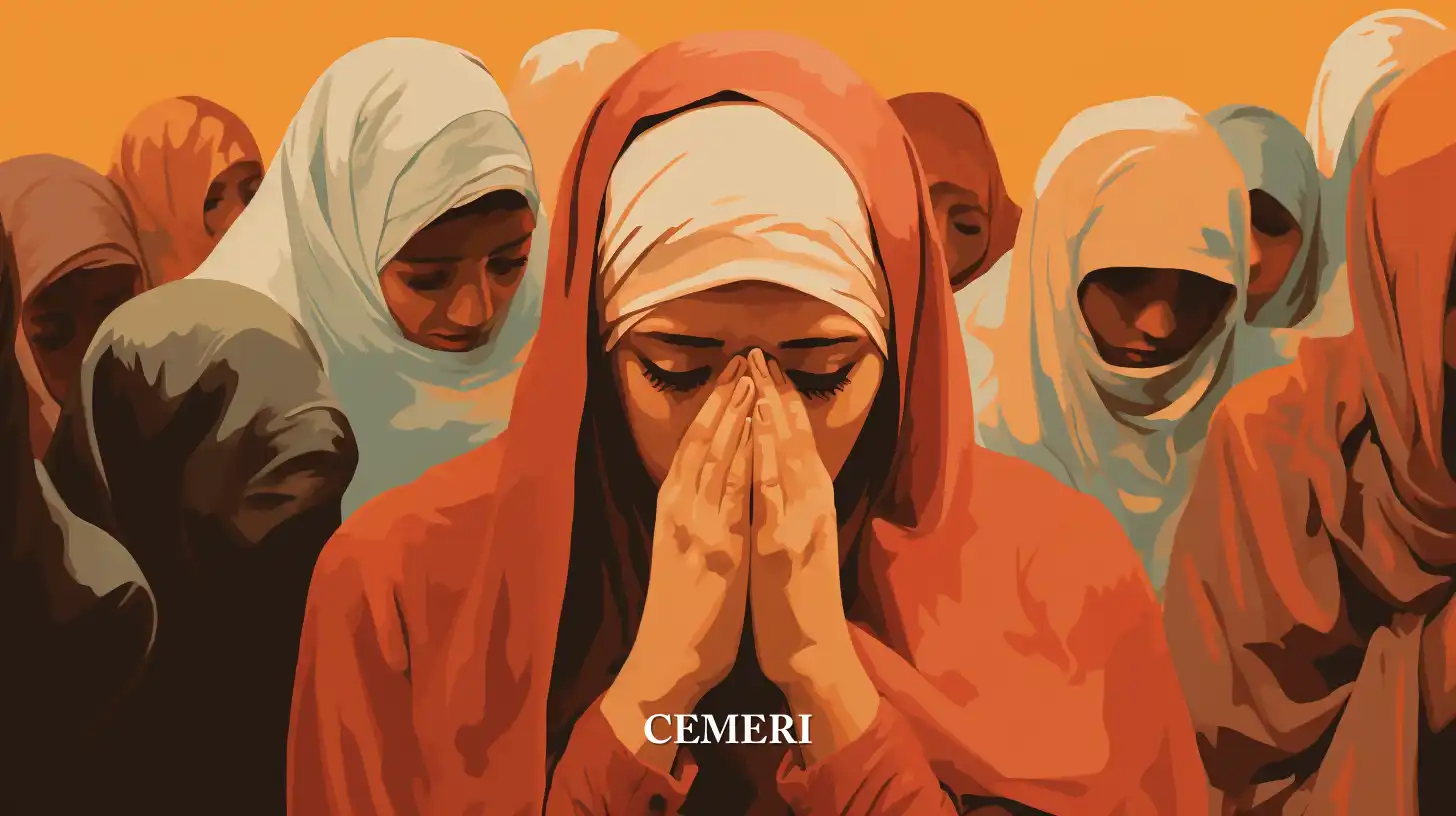Encyclopedia
Paloma Reyes Méndez
What is the International Olympic Committee?
- For the Olympic Games to take place smoothly, the International Olympic Committee is responsible for creating, planning, and managing the competition.

The Olympic Games is the most visible multi-sport event in the world. Remembering athletes like Michael Jordan, Michael Phelps, Nadia Comaneci or Simone Biles, is a sign that the Olympic tradition of ancient Greece is still present. However, for this sporting event to take place normally, the International Olympic Committee (IOC) has the task of creating, planning and managing the competition so that it happens without any obstacles.
The IOC "is the global organization that organizes the Olympic Games and coordinates the actions of the Olympic Movement." [1] It currently has 101 active members and its legal regulation is based on the Olympic Charter. Also, hand in hand with sports diplomacy, the Committee plays an important role in promoting understanding between the participating nations through sport.
It was founded by Pierre de Coubertin, who tried to recover the sporting tradition of what was once the Olympic Games of Antiquity, after having been forgotten for more than 15 centuries. With the creation of the IOC, the Olympic Games are held every four years, becoming the elite of international sports competition, bringing together the best of sport in each discipline.
However, before Coubertin, Panagiotis Soutsos had already proposed to resume the Olympic competition with the aim of "reconstructing the Greek national identity". [2] This idea was passed on to the millionaire Evangelos Zappas who promised to finance the project. It was so that the Games were held again in 1859 where only athletes from Greece participated.
This is because the Ancient Olympic Games were exclusively for male Greek athletes. With the decline of ancient Greece, this sporting tradition “was lost in 393 AD. when they were prohibited by the Roman Emperor Theodosius I”, [3] when conceiving them as a religious cult after the consolidation of Christianity.
For its part, Coubertin's proposal was not well received by the Union des Sports Athletiques of France in 1892. However, with the support of the delegates of the International Congress of Physical Education of the Sorbonne University, the first steps were taken to the creation of a global organization in charge of giving life to sports competition.
With the creation of the IOC in 1894, Athens became the first venue for the Games two years later. 241 male athletes from 14 countries participated. In this edition there were 43 sporting events with nine disciplines: athletics, cycling, fencing, gymnastics, weight lifting, tennis, wrestling, swimming and shooting. [4]
For the second celebration, held in 1900 with Paris as the venue, female athletes were included. In addition, at the 1920 Games, the Olympic flag was raised for the first time, with the design known as colored rings, which represent the continents of the world, being one of the most emblematic elements of the contest. [5]
In 2014, the 2020 Olympic Agenda was approved, “composed of a series of 40 recommendations that constitute the strategic roadmap for the future of the Olympic Movement”. [6] The work between the IOC and the United Nations is characterized by maintaining the sporting tradition of more than 3,000 years old, as well as recognizing the global symbolic importance of the Olympic event. Among the most outstanding agreements is Resolution 70/4 “Building a peaceful and better world through sport and the Olympic ideal”. [7]
Also, the two organizations have worked beyond the sport and the integrity of the athletes. Through the adhesion of initiatives related to education, health, the empowerment of women, adolescents and girls, and peace. Within the framework of the 2030 Agenda and the Sustainable Development Goals, sport is included in four of them: [8]
- Objective 3: towards a healthier life.
- Objective 4: to guarantee an equitable and inclusive education.
- Objective 5: fight for gender equality.
- Goal 16: promotion of peaceful and inclusive societies.
One of the great examples of the social activity promoted by the IOC has been its work with the United Nations High Commissioner for Refugees (UNHCR). For more than 25 years they have designed a strategy to promote sport and the Olympic Movement to "help and protect forcibly displaced children and young people". [9] Opportunities for inclusion and growth with host communities have been put into practice in countries such as Jordan, Ethiopia, Colombia, Rwanda, Mexico and the Democratic Republic of the Congo, among others.
In this way, the International Olympic Committee created the Refugee Athletes Olympic Team in 2015. The following year it would make its first appearance at the Summer Games in Rio, Brazil, made up of "two Syrian swimmers, two judokas from the Democratic Republic of the Congo, a marathon runner from Ethiopia and five middle distance runners from South Sudan. [10] Since 1994, the IOC has dedicated more than five million dollars to the Team to continue to advance the goals and dreams of athletes.
In the last celebration of the Olympic Games, Tokyo 2020, the President of the IOC mentioned during the opening ceremony:
Dear refugee athletes, with your talent and human spirit you demonstrate the enrichment that refugees represent for society. They have had to flee their homes due to violence, hunger or simply because they are different. Today, we welcome you with open arms and offer you a peaceful home. We welcome you to our Olympic community. [eleven]
In this recent edition, the Refugee Athletes Olympic Team did not get any medal, especially if they received recognition from viewers and the world in general. There were 29 athletes in total from 11 countries, including Syria, South Sudan, Iran and Afghanistan, participating with a unique white flag. In the presentation parade of the national committees, the Team came out waving its flag in the image of the Syrian swimmer Yusra Mardini and the marathon runner Tachlowini Gabriyesos from Eritrea. [12]
The International Olympic Committee and International Relations
Sports diplomacy combined with International Relations has opened a new scenario to promote cooperation and cultural ideals and friendship among nations. Beyond the real plane that means talking about wars, poverty, peace and development, the Olympic competitions build a path for interaction with other subjects of international reality.
Conflicts worldwide were not a parameter for the interruption of multisport competition. As an example, there are the 1936 Games held in Berlin a few years before the outbreak of World War II or recently the 2018 Winter Games, when the two Koreas agreed to participate as a single nation. They have also served for the recognition of territories. Today, the IOC officially considers 206 National Olympic Committees, that is, it considers more members than the United Nations. [13]
The promotion of cooperation through the practice of sports and the "Olympic truce" in the midst of the warfare of the 19th and 20th centuries characterize the actions of the Committee in international relations. The foregoing is defined in the Olympic Charter, based on seeing sport as an idea of collective development towards the practice of values such as peaceful coexistence, participation and reconciliation between nations. After the end of World War II, the IOC served as a source for increasing political influence and power in the world system. [14]
In the study of International Relations, the IOC is more than a representation and management of the Olympic Games and world sport. It represents a determining role in the interaction between nations that transcends sports diplomacy since the rebirth of the Olympic Games in 1896 and until the last edition in Tokyo 2020.
Sources
[1] “Cómo y cuándo nace el Comité Olímpico Internacional hace 121 años” Comité Olímpico Peruano, consultado el 6 de junio de 2022, http://www.coperu.org/noticias/actualidad/cuando-y-como-nace-el-comite-olimpico-internacional-hace-121-anos.html
[2] “Cómo y cuándo nace el Comité Olímpico Internacional hace 121 años” Comité Olímpico Peruano.
[3] Miranda, David. “El renacer de los Juegos Olímpicos”. Historia del Olimpismo. Historia, National Geographic, 27 de julio de 2021, https://historia.nationalgeographic.com.es/a/renacer-juegos-olimpicos-modernidad_15332
[4] Miranda, David. “El renacer de los Juegos Olímpicos”.
[5] Miranda, David. “El renacer de los Juegos Olímpicos”.
[6] “El Movimiento Olímpico, las Naciones Unidas y la persecución de ideales comunes”. Naciones Unidas, consultado el 6 de junio de 2022, https://www.un.org/es/chronicle/article/el-movimiento-olimpico-las-naciones-unidas-yla-persecucion-de-ideales-comunes
[7] “El Movimiento Olímpico, las Naciones Unidas y la persecución de ideales comunes”. Naciones Unidas.
[8] “El Movimiento Olímpico, las Naciones Unidas y la persecución de ideales comunes”. Naciones Unidas.
[9] “Comité Olímpico Internacional”. UNHCR, consultado el 6 de junio de 2022, https://www.acnur.org/comite-olimpico-internacional.html
[10] “Comité Olímpico Internacional”. UNHCR.
[11] “Comité Olímpico Internacional”. UNHCR.
[12] “Comité Olímpico Internacional”. UNHCR.
[13] Gómez, David. “¿Qué es Comité Olímpico Internacional?”. El Orden Mundial, 8 de febrero de 2022, https://elordenmundial.com/que-es-comite-olimpico-internacional/
[14] Gómez, David. “¿Qué es Comité Olímpico Internacional?”. El Orden Mundial.

